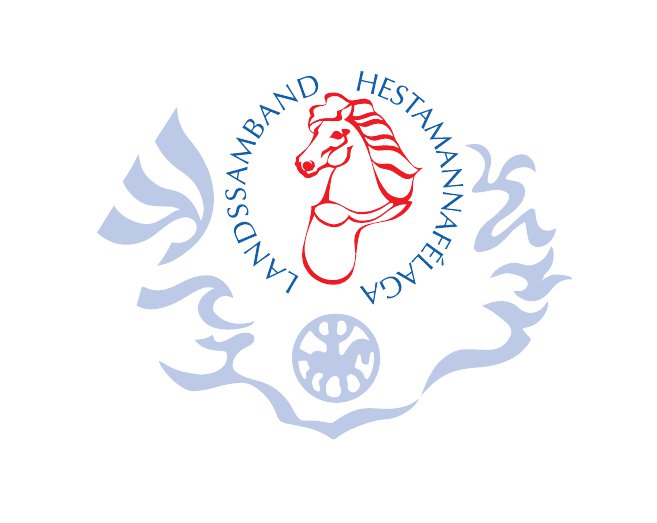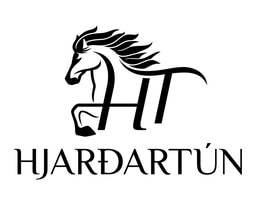According to Icelandic folklore, elves, or “hidden people”, live in tussocks and boulders. They are tall and beautiful and on the inside, their homes look like palaces, filled with gold and glitter. They wear beautiful clothes and often appear on horseback. The hidden people resemble regular people and can easily trick them into believing that they’re human. Usually, they stay out of sight but on occasion they interact with people. Sometimes they are helpful but at other times wrathful. They tend to repay favours most generously but if they feel aggrieved by the actions of humans, they avenge themselves most cruel-heartedly. The elves also attempt to lure people away from their Christian ways and persuade them to come live with them in their hidden palaces.
This most commonly occurs on Christmas Eve, New Year’s Eve and Þrettándinn, the last day of Christmas on 6th January. While people attend mass at church, groups of elves break into their homes, have a feast and dance, and do their best to seduce the person who stays at home. Dazed by their beauty and tempted by delicious food, grandiose gifts and promises of a prosperous life in the elf kingdom, the elves are hard to resist. As soon as someone gives into temptation, that person is doomed. Therefore, people didn’t exactly line up for staying at home on these nights. However, someone had to watch over the house.
Some Icelandic folk tales include “gandreið”, which is when a spell is cast on a person and that person is ridden like a horse. In Hildur Álfadrottning (“Hildur the Elf Queen”), the protagonist is a cursed elf queen. She had to slave among humans and could only return to her family in the elf kingdom at Christmas. The only way for her do so was by gandreið and in the process, she was bound to kill the person she bridled. This fate fell upon the shepherds whom Hildur’s master hired to the farm where she worked as a housekeeper.
Hildur always volunteered to stay at home on Christmas Eve while everyone else went to mass. The shepherd also had to stay to watch over the sheep, because the church was too far away for him to make it back on time to complete his chores. However, the next morning, on Christmas Day, the shepherd was found dead in his bed without any explanation.
When this had happened year after year, no one wanted to work as a shepherd at the farm where Hildur lived anymore and her master didn’t want to hire anyone either because he feared that they might end up dead like the others. However, one brave man insisted on being hired to the farm and said he wasn’t worried about what had happened to the other shepherds.
On Christmas Eve, after the shepherd had retired to his room, Hildur appeared at his bedside and forced a bridle into his mouth. The man didn’t try to fight Hildur off but followed her outside, where she mounted him and made him ride off like a horse. When they came to a stop at a canyon, Hildur disappeared into its depths. The shepherd was able to untie himself and follow after Hildur into the elf kingdom. There, he watched her reunite with her husband, the king, and their children. He also learned of Hildur’s fate and that the curse prevented her from returning home apart from one night each year.
While trying to soothe one of her children, Hildur lost a ring and the shepherd picked it up. He then climbed out of the canyon and waited for Hildur, who rode him back to the farm. Exhausted, the shepherd collapsed into his bed and fell into a deep sleep. Miraculously, he was still alive when the farmer came to check on him the next morning. The shepherd told him what had happened and showed him the ring, proving that Hildur was an elf queen.
The shepherd had broken the curse. Hildur explained that her wicked mother-in-law had cursed her and that the only way to break the curse was if someone brave enough would follow her into the elf kingdom and bring back proof of her heritage. Hildur was regretful about all the shepherds who had died because of her and eternally grateful towards the man who had set her free. Hildur bid the humans farewell and returned to her kingdom. For the remainder of his life, the shepherd was graced by good luck and became a prosperous farmer.
Elves, along with other magical beings, often appear at bonfires which are held all around Iceland on New Year’s Eve and 6th January, the last day of Christmas. If you go to one of these bonfires, pay attention to the people around you. Are they all human, for sure? Or is that beautiful lady who’s sitting on a white horse at the edge of the forest perhaps an elf queen preparing to steal your heart?
Retold by Eygló Svala Arnarsdóttir.
Photo by Ragnar Th.























-1.jpg)






